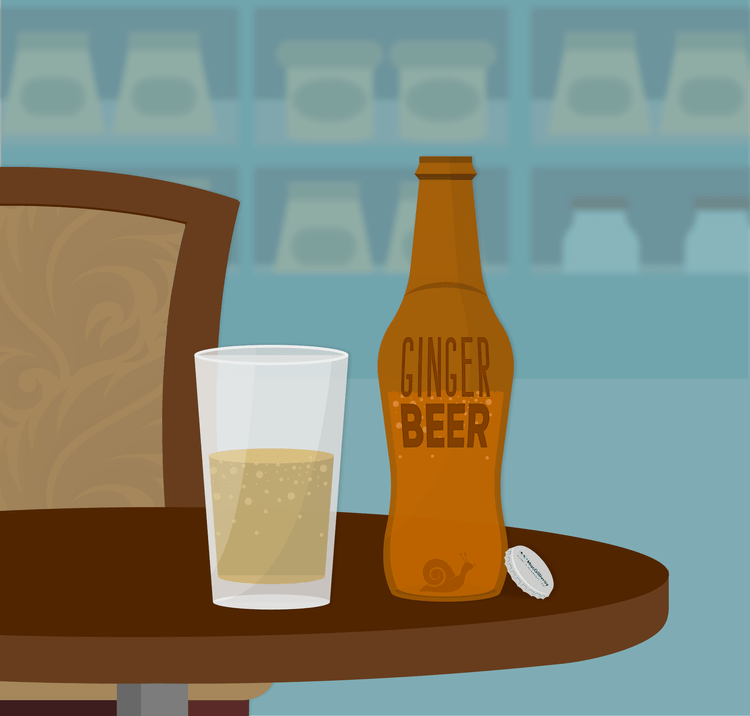
There are some concepts in law that seem so obvious, we accept them as fact. The idea that if someone is negligent and causes you harm, they should pay for their actions. The notion that a manufacturer owes a duty of care to the consumers of its products. However, there was a time when these laws did not exist, and the origins of these fundamental concepts of tort law can be traced back to a single snail.
On August 26th, 1928 Mary Donoghue and a friend went to a cafe in Paisley, Scotland. Her friend ordered a Pear and Ice for herself and a Scotsman ice cream float (mix of ice cream and ginger beer) for Ms. Donoghue. The waiter brought the order over to the table. The ginger beer was in a brown opaque bottle labeled ‘D. Stevenson Glen Lane Paisley’. Donoghue poured some of the ginger beer into her float and began eating it. After some time had passed Donoghue’s friend poured the remaining ginger beer from the bottle into the float and to their utter shock, a decomposed snail fell from the bottle into the float. Donoghue and her friend could not believe their eyes.
Donoghue, upon seeing the snail, felt ill. She received emergency medical attention. When it was all said and done, Donoghue was diagnosed with severe gastro enteritis and shock.
There are two very important points that need to be made clear with how this action was brought forward. Firstly, Ms. Donoghue did not sue the cafe, but rather the manufacturer of the ginger beer, D. Stevenson. Secondly, Ms. Donoghue was not the one that purchased the ginger beer, her friend was. This second point is important because before this case, the Courts made it very clear that parties outside of a contract were not owed a duty of care.
The Courts found in favour of Ms. Donoghue and in doing so changed the tort law forever. There were three main principles of tort law that came out of the historic case of Donoghue v. Stevenson:
- First, that it created the tort of negligence. Because there was no contract between the parties, the court had to create a new lens to look at this case through.
- The next principle was the concept of ‘duty of care’. The manufacturer, D. Stevenson, owed a duty of care to anyone consuming their product.
- Finally, the ‘neighbour principle’, which follows the biblical ideal of ‘love thy neighbour’, which means that one must not injure their neighbour.
The tort of negligence allows people to recover damages for harm done due to the careless actions of others. This concept is so widely accepted in society today that it is difficult to imagine a time when this wasn’t the case. This is a fundamental concept that can be traced back to one little snail.
Request a
Free Consultation
If you would like to learn your legal options at no obligation, contact us today to set up a free consultation.
